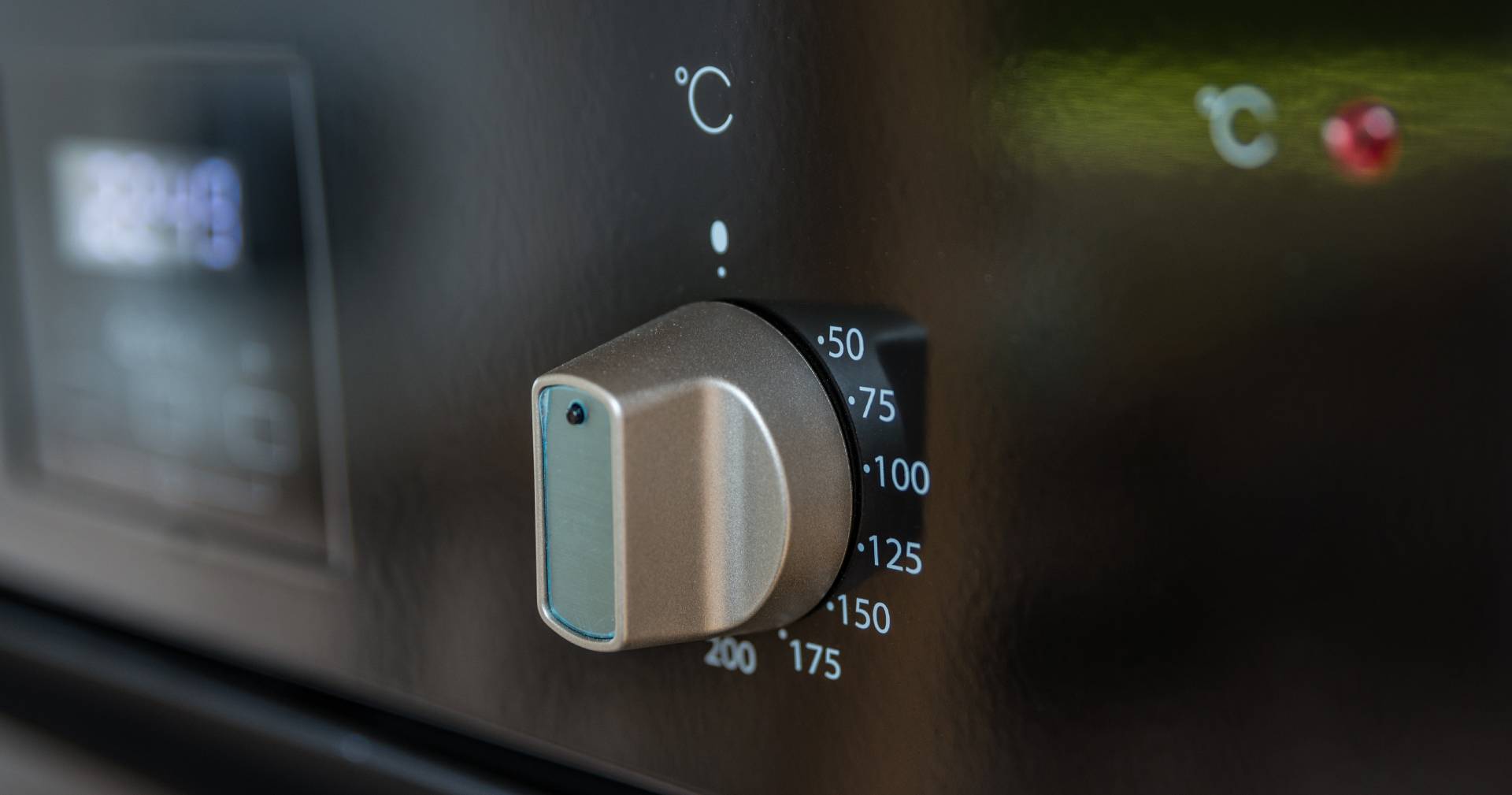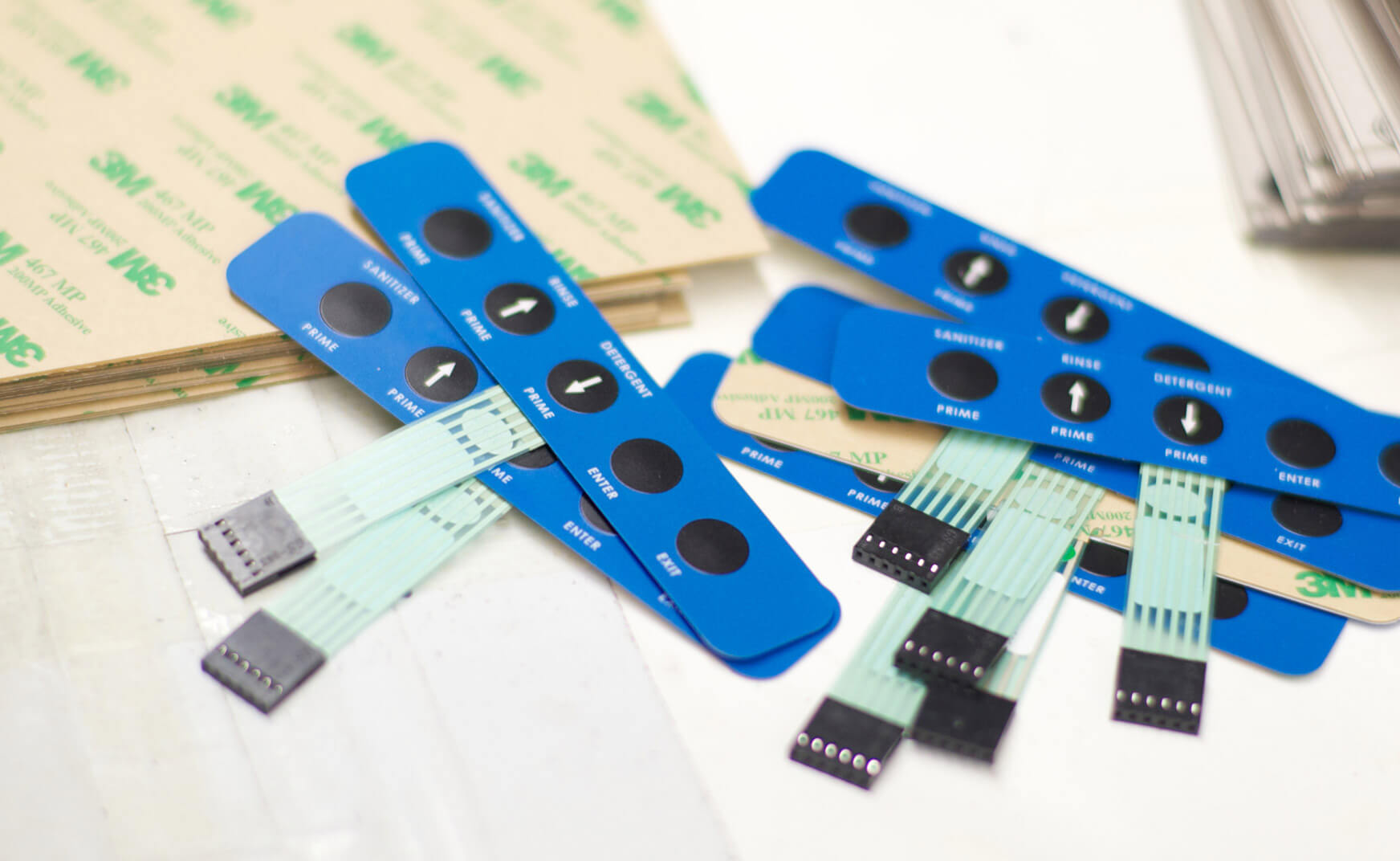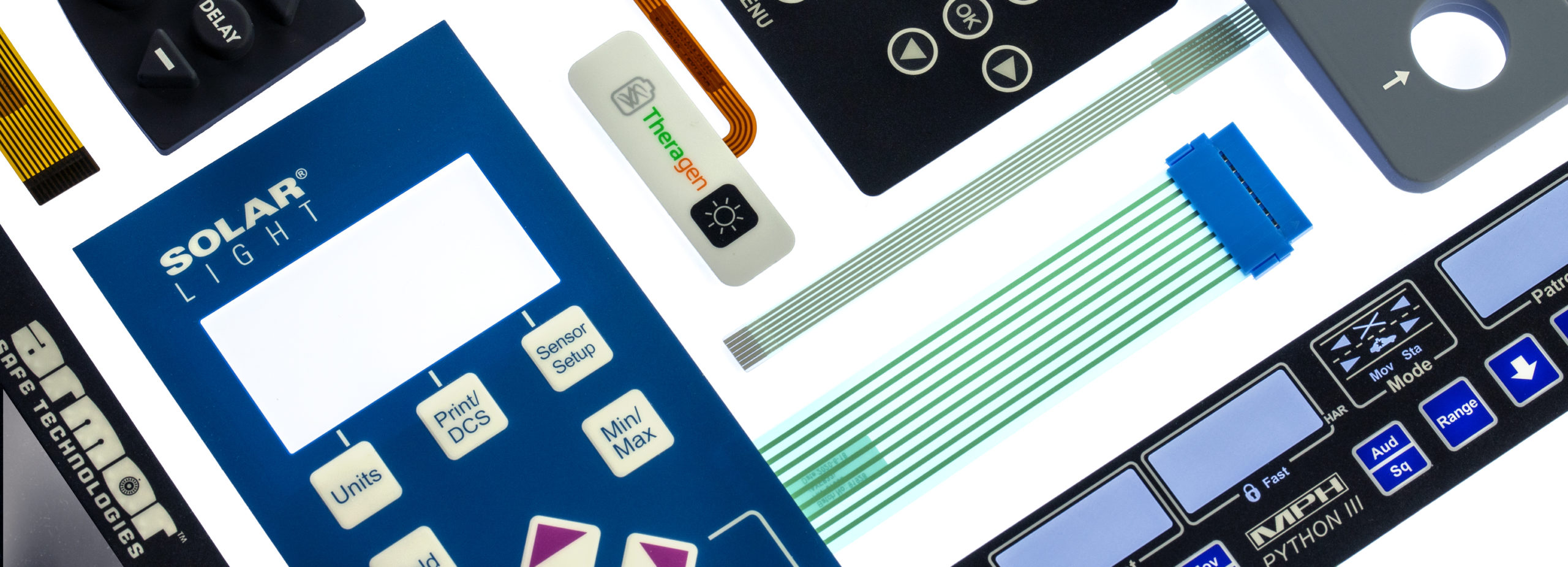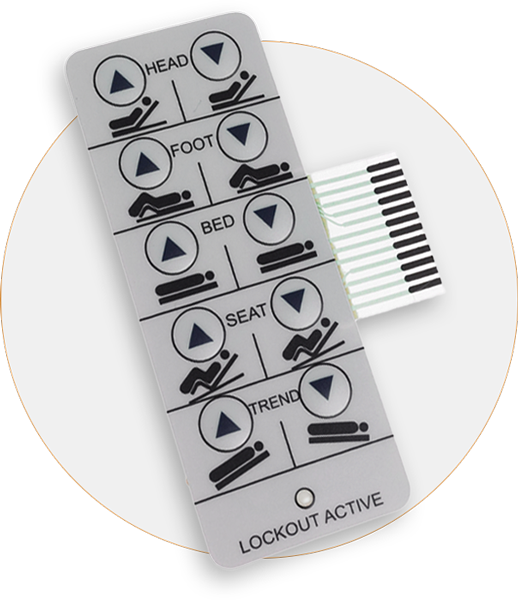Why Membrane Layer Changes Are Essential for Durable Control Systems
Membrane layer buttons play a critical duty in making certain the durability and reliability of control systems throughout various industries. Their unique building and construction permits them to sustain tough environmental variables such as moisture, temperature extremes, and physical wear. This durability not just prolongs the lifespan of the systems they serve yet likewise decreases maintenance demands. As we check out the complex advantages of membrane layer buttons, it becomes evident that their value transcends mere functionality, affecting individual experience and functional effectiveness. What more ramifications do these characteristics hold for the future of control system layout?
Review of Membrane Layer Buttons
Membrane switches are functional and dependable elements commonly made use of in various electronic control systems. These buttons include several layers, including a graphic overlay, a spacer layer, and a published circuit layer. The visuals overlay provides both functional and visual layout, while the spacer layer ensures that the switches are triggered just when pressed. The printed circuit layer includes conductive traces that finish an electric circuit when the membrane layer is pushed, making it possible for the gadget to reply to customer inputs.
Membrane layer buttons are commonly preferred in applications calling for a small and lightweight design, making them optimal for handheld devices, clinical devices, and industrial machinery. They can be customized to meet specific individual demands and can integrate various features such as backlighting, responsive comments, and several shades. Moreover, membrane switches are immune to dust, wetness, and pollutants, making them suitable for settings where durability is essential.
Benefits of Sturdiness
In numerous applications, the durability of membrane switches deals considerable advantages that improve their total efficiency and dependability. These switches are created to endure harsh atmospheres, making them suitable for use popular problems such as high humidity, extreme temperatures, and direct exposure to chemicals. Their durable building and construction assists to avoid damages from physical influence, making certain durable functionality and minimizing the requirement for regular substitutes.
Furthermore, membrane buttons are immune to damage, which is important in applications where frequent communication occurs. This durability equates to decrease maintenance expenses, as organizations profit from reduced downtime and fewer service interruptions. The encapsulated layout of membrane layer switches safeguards interior parts from dirt and wetness ingress, further adding to their life-span (membrane switch).
Another benefit is their capability to preserve regular efficiency over time. With a high tolerance for mechanical tension, these buttons preserve their tactile comments and electrical stability, ensuring customer fulfillment. Inevitably, the resilience of membrane changes not only boosts operational efficiency but also fosters confidence in their integrity, making them a recommended choice for control systems across numerous fields.
Applications in Numerous Industries
Durable control systems utilizing membrane switches find extensive applications throughout an array of sectors, each profiting from the special features these buttons provide. In the clinical market, membrane switches are critical for tools such as person displays and analysis devices, where dependability and ease of cleansing are vital. Their resistance to dampness and contaminants ensures they keep performance in sterile environments.
The automotive sector leverages membrane switches for control panel controls and infotainment systems, where they provide streamlined, low-profile user interfaces that improve user experience. These buttons are likewise created to withstand severe problems, consisting of exposure to severe temperatures and resonances.
In industrial settings, membrane layer buttons are frequently used in equipment control panels, supplying responsive comments and sturdiness necessary for high-usage applications. Their capability to resist chemicals makes them appropriate for producing atmospheres where spills and impurities are regular.

Consumer electronic devices, such as kitchen area devices and remote controls, likewise make use of membrane buttons for their flexibility and cost-effectiveness. Generally, the adaptability and robust nature of membrane switches make them indispensable across different fields, ensuring effective procedure and long life in control systems.
Layout and Aesthetic Appeal
While performance is vital, the style and aesthetic appeal of control systems furnished with membrane layer buttons play an essential role in user engagement and general experience (membrane switch). The visual style of these buttons can substantially affect customer assumption and communication. A properly designed membrane layer switch his explanation improves the appearance of the gadget, making it extra enticing to customers and promoting a wikipedia reference connection between the user and the product
Membrane switches over supply a large amount of versatility in style, allowing producers to tailor graphics, colors, and appearances to straighten with brand name identification and product visual appeals. Making use of vivid shades and unique patterns can draw focus, while responsive responses can strengthen the individual's interaction with the device. In addition, the capability to incorporate LED signs and backlighting into the membrane layer switch design gives both functional and visual advantages, enhancing presence and functionality in various environments.

Enhancing Customer Experience

Additionally, membrane switches can be personalized to integrate visual user interfaces, boosting usability by presenting details in a clear and intuitive manner (membrane switch). This personalization can consist of symbols, tags, and color coding that overview individuals via facility functionalities with ease. Additionally, their flexibility permits integration in various environments, ensuring consistent performance whether in industrial equipment or consumer electronic devices
The sturdiness of membrane switches also plays an visit essential function in customer experience. By holding up against severe conditions and extended usage, these buttons lower the chance of system failings, therefore promoting reliability and individual confidence. Ultimately, the critical use membrane layer switches not just boosts capability however also significantly improves individual interaction with control systems, making them an indispensable part in modern-day style.
Conclusion

Comments on “How Membrane Switch Innovation Is Transforming Modern User Interfaces”